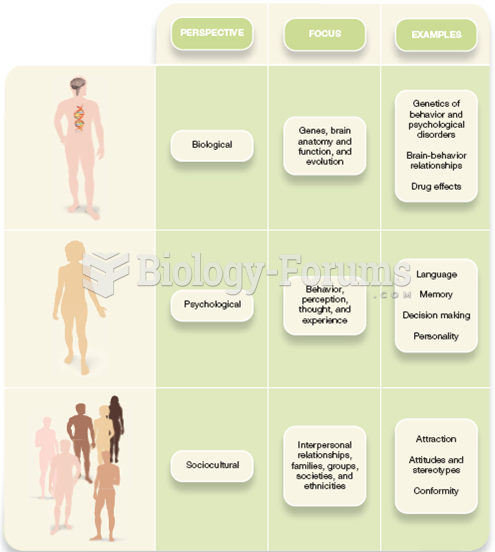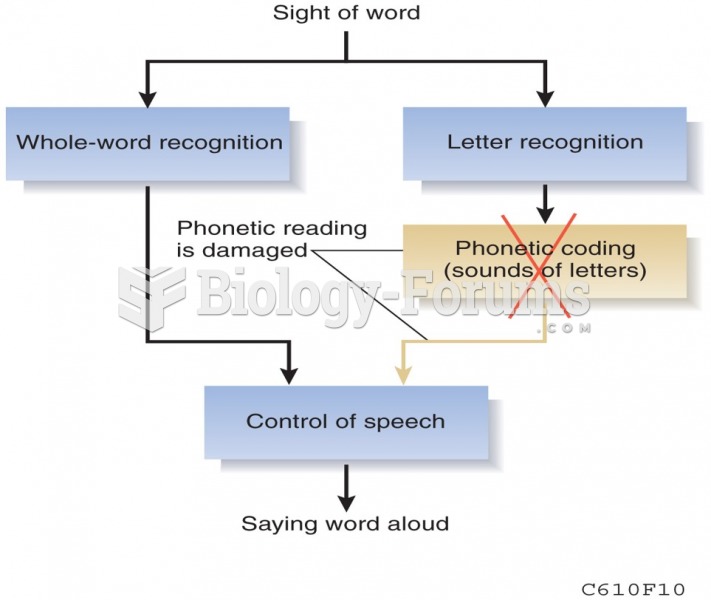Answer to Question 1
The characteristics of the sensory register are
a.duration: one to three seconds
b. sequence: first phase of the system
c. control processes: The key features of stimuli must be recognized and related to stored information. Attention-focus must be made selectively, since not all stimuli can be processed.
d. sensory receptors: visual, auditory, tactile, olfactory, and gustatory
e. status of information not processed: lost forever
Answer to Question 2
Short-term memory, which is also called working memory, is the second in a temporal sequence of three stores (the sensory register is first and long-term memory is last). The capacity of short-term memory for most people ranges from five to nine chunks of information, with an average of seven. Unless acted upon, information remains available in short-term memory for approximately twenty seconds. If rehearsed, it can be maintained there indefinitely. The control process associated with short-term memory is rehearsal. Maintenance rehearsal, which is akin to rote repetition, is used if the learner's goal is just to maintain information in verbatim form in working memory for more-or-less immediate use. If the goal is to be able to recall information at a later date, elaborative rehearsal is used. Elaboration typically involves encoding and organizing information in some fashion and relating it to previously constructed knowledge structures that are stored in long-term memory. Information may be stored, for example, as visual images that are hierarchically related to one another.
Long-term memory is the last of the three memory stores. The capacity of long-term memory is assumed to be unlimited, and its duration is assumed to be permanent. Information is stored in long-term memory in terms of organized knowledge structures, such as hierarchies, temporal sequences, and causal chains. In order to retrieve information from long-term memory, retrieval cues that relate directly to the target information must be used.







